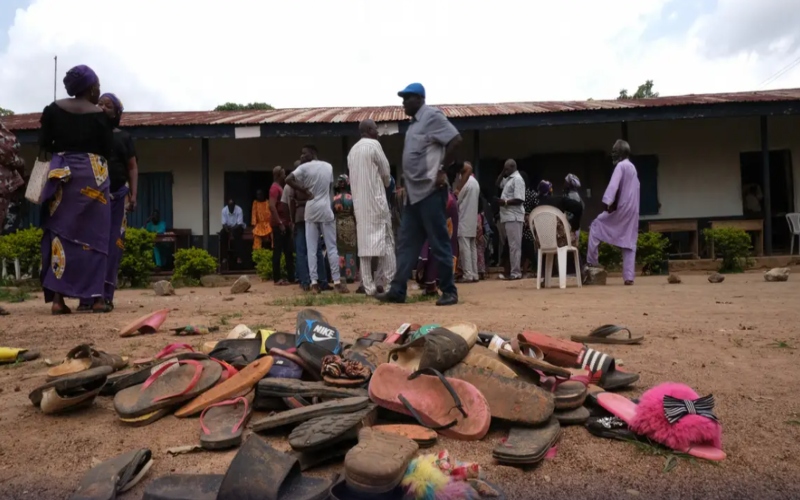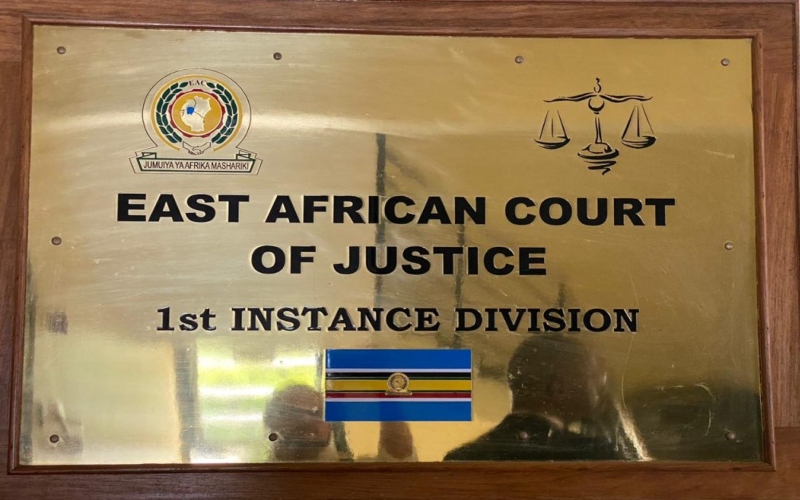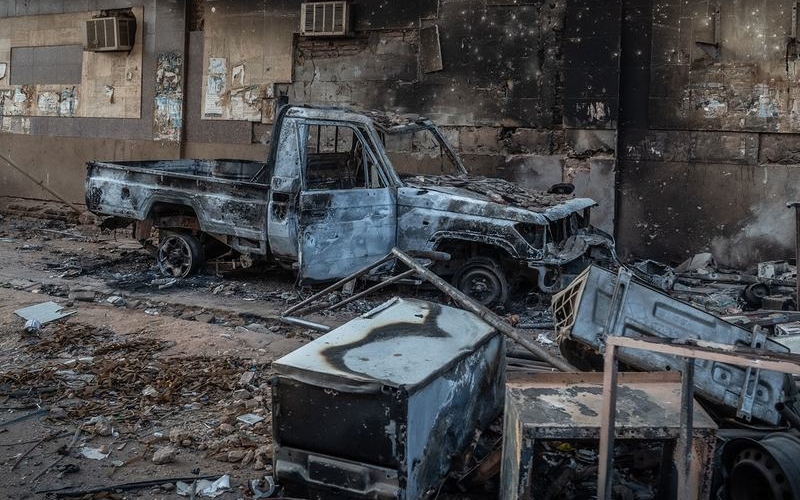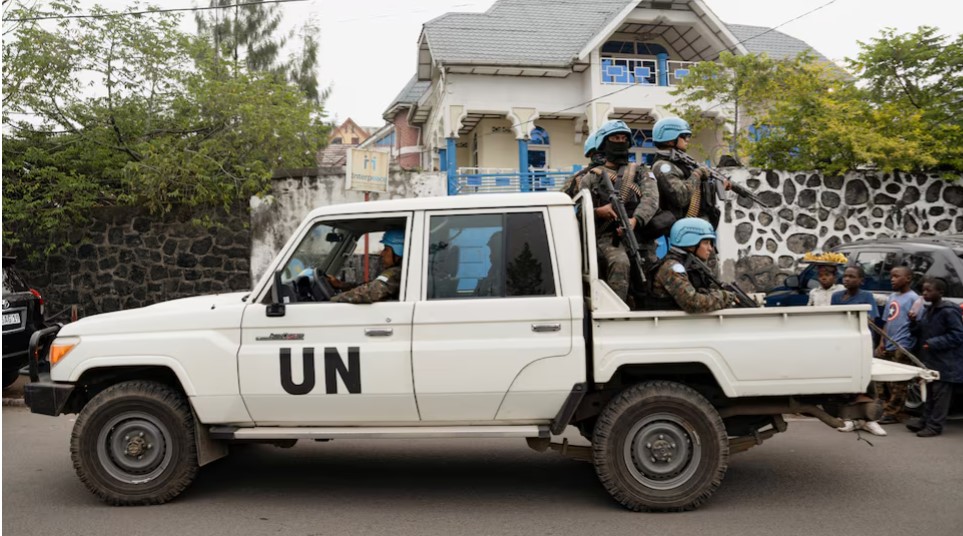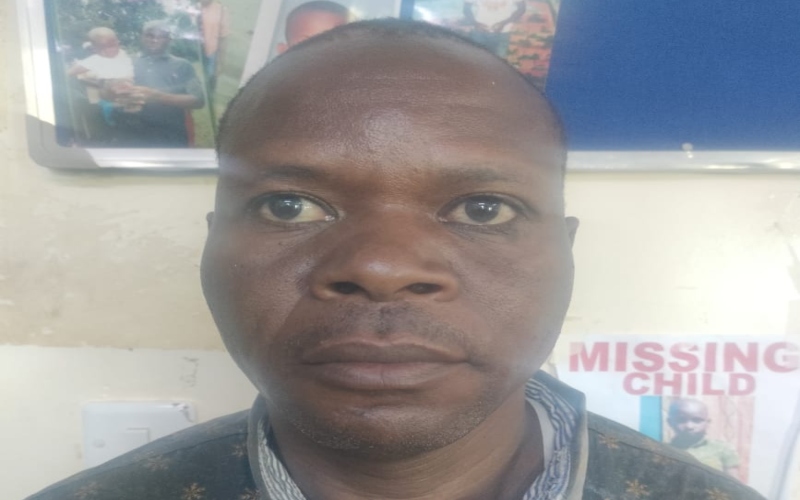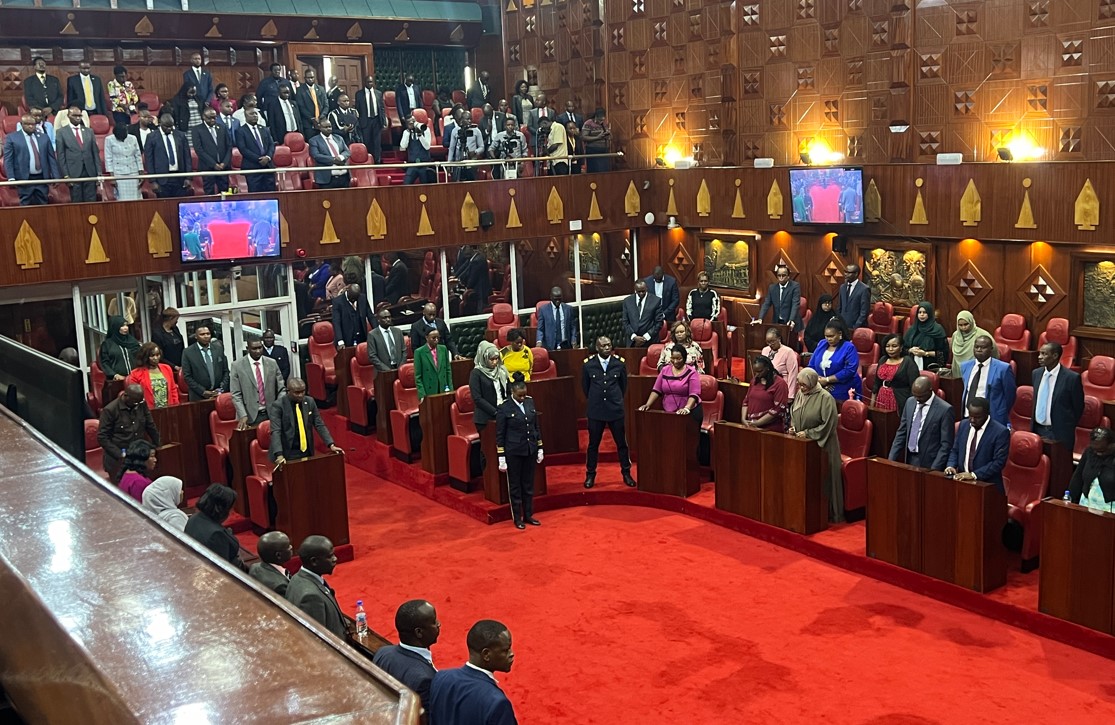North Eastern Commissioner urges multi-sectoral cooperation to bolster regional security

RC John Otieno said the forum, comprising security agencies, community leaders, civil society groups and other stakeholders, has created a vital space for open dialogue, intelligence-sharing and joint planning.
North Eastern Regional Commissioner John Otieno has called for strengthening the regional multi-sectoral coordination and cooperation forum, which he said has served as a game changer in strengthening peace and security across the region.
Speaking to the press in Garissa during a regional security briefing, Otieno said the forum, comprising security agencies, community leaders, civil society groups and other stakeholders, has created a vital space for open dialogue, intelligence-sharing and joint planning.
More To Read
- UN warns AI, anonymity fuel violence against women online
- Ending violence against women ‘a matter of dignity, equality and human rights’
- Parliament flags exclusion of teen mothers, prisoners from SHA coverage
- Turkana eyes stronger peace push as EU-backed project targets conflict, climate threats
- NCIC warns of criminal gangs using social media to recruit, mobilise
- Report links corrupt officials to rising criminal networks in Kenya
He noted that the collaborative model has transformed the way state and non-state actors respond to threats.
"This forum allows us to share information in real time, harmonise strategies, and collectively address issues that affect the security and well-being of our people," he said. "It is a space where every actor, whether state or non-state, plays a role in safeguarding our region."
The Commissioner added that the region has remained largely stable, save for an isolated incident in Liboi where a security vehicle ran over an improvised explosive device, resulting in one fatality and three injuries.
For years, North Eastern has grappled with Al-Shabaab attacks and recurrent inter-clan conflicts driven by competition over resources. Otieno attributed the improved security situation to deepening cooperation between the public and security agencies.
"Our region is more secure today because the public and their leaders have chosen to work closely with us. Their support has been invaluable. It has contributed to a more stable environment in which residents can conduct their daily activities without fear," he said.
However, the Commissioner raised alarm over the rise of juvenile gangs and persistent cases of gender-based violence (GBV), saying the vices demand urgent and coordinated action. He urged the forum to firmly address the issues, cautioning against the use of maslaha in GBV and teenage marriage cases.
"As a committee, we want to completely discourage the use of the maslaha system in cases of gender-based violence and teenage marriages and advocate for the use of the normal court processes," he said.
Otieno further noted that the forum will also track the progress of national development projects in the region, including new roads and affordable housing schemes. He cited drug abuse, particularly in Garissa town, as a growing menace that requires joint efforts between security agencies and the public.
Wajir peace elder Mohammed Osman called on residents to unite in promoting peace, warning that political interference in security matters has become the weakest link in efforts to manage clan conflicts.
"It is unfortunate that meddling has penetrated deeply into the regional administration, weakening the authority of the deputy county commissioners. This has compromised the chain of command. Going forward, this has to stop," Osman said.
He also linked rising drug abuse to an increase in GBV cases, urging authorities to respond firmly.
Garissa Peace Forum Vice-Chair, Mohamed Khalif, emphasised that lasting peace will only be achieved through sustained collaboration between security officers, elders, youth and opinion leaders, noting that trust-building remains crucial in breaking recurring cycles of violence.
Top Stories Today

